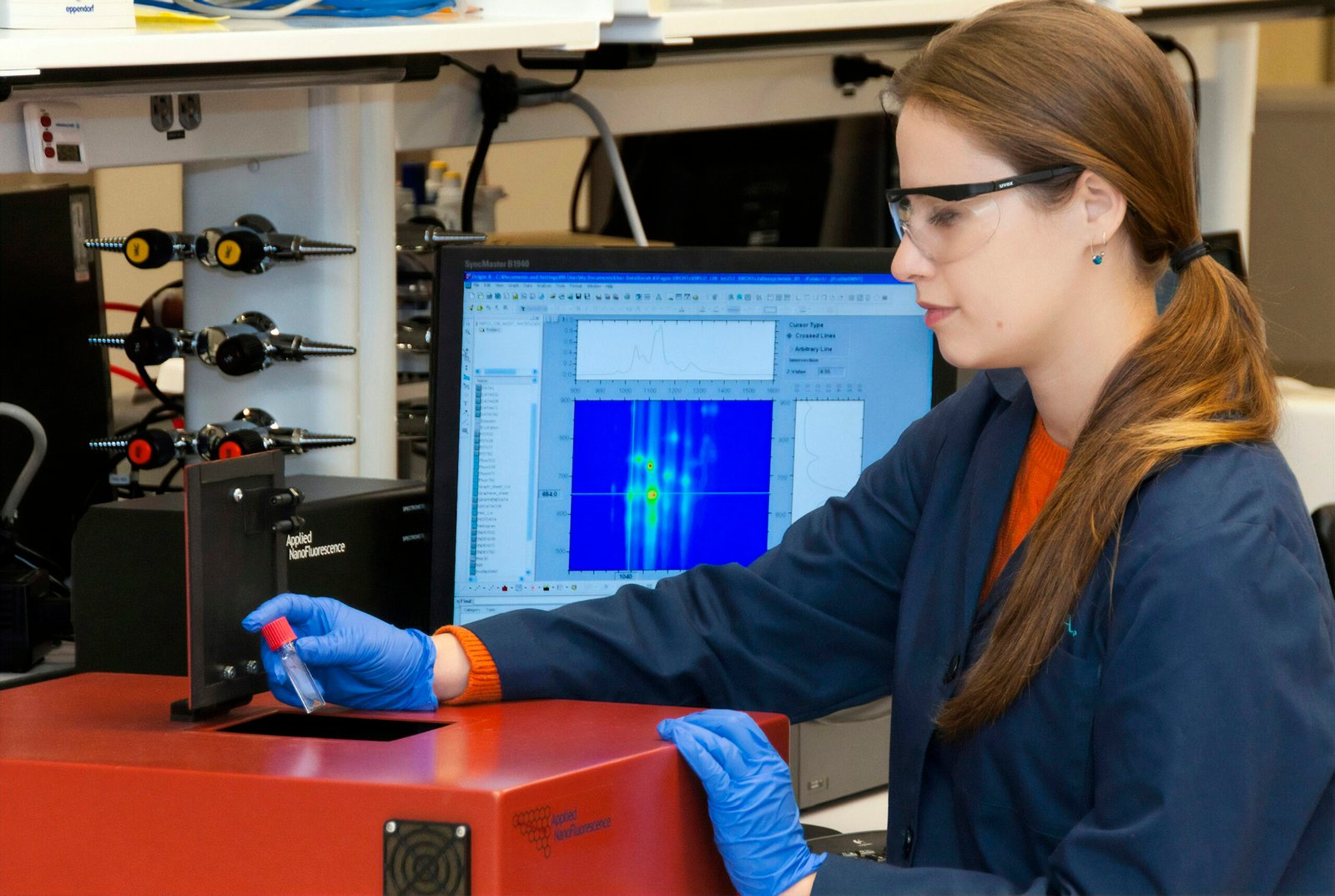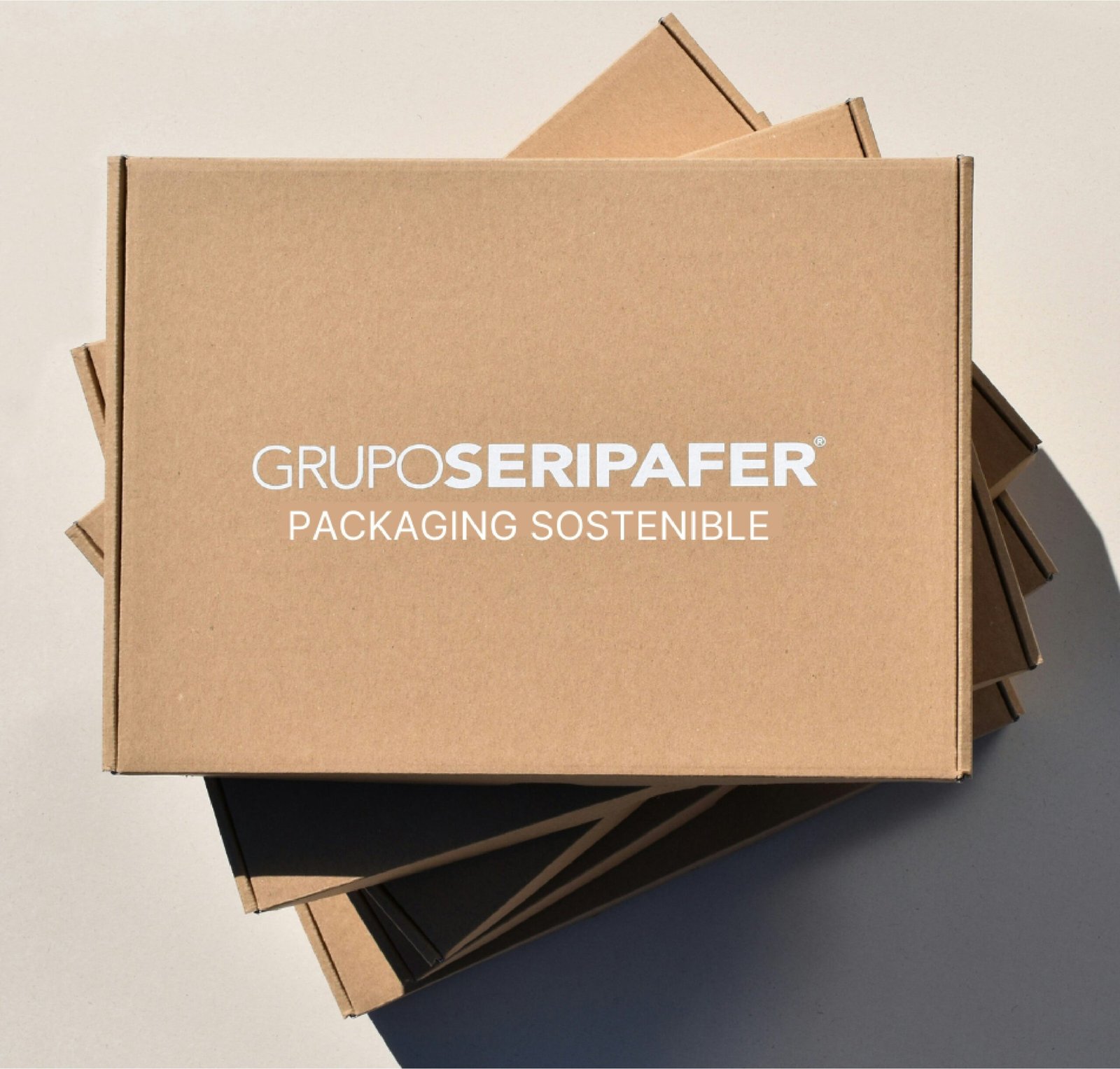Introduction to AI in Coatings Formulation
The coatings industry plays a crucial role in various sectors, including construction, automotive, aerospace, and consumer goods. Formulating effective coatings is essential for ensuring durability, aesthetics, and functionality of products. However, the industry faces numerous challenges that can complicate the development process. Traditional methods of coating formulation often demand extensive experimentation and time-consuming testing, leading to increased costs and delayed product launches. Material compatibility, performance standards, environmental regulations, and customer expectations are key factors that drive the need for innovation in this sector.
In recent years, advancements in technology have paved the way for the utilization of artificial intelligence (AI) in the coatings formulation process. AI encompasses a range of computational technologies that enable machines to learn from data and make predictions or decisions. By implementing AI, formulators can significantly enhance their development processes, effectively addressing the challenges they encounter. For instance, machine learning algorithms can analyze vast datasets to identify patterns and correlations that human researchers may overlook. This information can lead to optimized formulations, ensuring consistent quality and performance in coating materials.
The integration of AI in coatings formulation not only improves efficiency but also promotes sustainability. As environmental concerns become increasingly relevant, the coatings industry is under pressure to reduce its ecological footprint. AI can help formulators design eco-friendly coatings with reduced volatile organic compounds (VOCs) while maintaining performance standards. This dual focus on efficiency and sustainability positions AI as a game-changer in the industry, facilitating faster product development and higher compliance with environmental regulations.
As this blog post progresses, we will explore the various applications of AI in coating formulation, examining its transformative potential in enhancing product performance and meeting the evolving demands of the market.
AI Techniques and Their Applications in Coatings
Artificial Intelligence (AI) is shaping the future of coatings formulation through the implementation of various advanced techniques, including machine learning, neural networks, and data analytics. These technologies empower researchers and formulators to predict the properties of coatings with unprecedented accuracy, analyze extensive datasets efficiently, and automate routine processes that were traditionally labor-intensive.
Machine learning, a subset of AI, plays a vital role in predictive modeling for coatings properties. By leveraging historical data, machine learning algorithms can identify patterns and correlations that help predict outcomes such as durability, color stability, and environmental resistance. For instance, a leading coatings manufacturer utilized machine learning to optimize their formulation process, resulting in a significant reduction in development time and improved product performance.
Neural networks, which mimic the human brain’s structure and function, are used to analyze complex datasets that would be unmanageable through conventional methods. These systems excel in recognizing intricate relationships between various formulation components and end-product characteristics. In one notable application, a company developed a neural network model to fine-tune the viscosity of their paints, enhancing application properties while minimizing waste and rework.
Data analytics supports the entire lifecycle of coatings formulation by enabling formulators to gain insights into market trends and customer preferences. The application of big data analytics allows companies to process vast amounts of information, leading to informed decision-making. An example includes a prominent coatings firm that implemented a data analytics platform to track customer feedback in real-time, informing their development process and driving innovation.
Overall, these AI techniques facilitate transformative changes within the coatings industry by enhancing the formulation process, increasing efficiency, and enabling the development of superior products while reducing costs and time to market.
Benefits of AI in Coatings Development
Artificial Intelligence (AI) has emerged as a transformative force in the coatings formulation landscape, offering multiple advantages that enhance the development process. One of the primary benefits is the significant increase in accuracy and speed when creating new formulations. Traditional methods often require extensive experimentation and lengthy iterations, whereas AI algorithms can analyze vast datasets and predict outcomes with remarkable precision. This capability not only accelerates the formulation timeline but also improves the reliability of achieving desired characteristics in coatings.
Moreover, AI plays a crucial role in cost reduction through optimized resource utilization. By employing machine learning techniques, companies can minimize waste and streamline ingredient combinations, ultimately resulting in more efficient processes. This optimization translates into lower production costs and minimizes the financial risks associated with trial and error in formulation development. Consequently, businesses can allocate resources more effectively, enhancing their overall operational efficiency.
The innovative potential of AI also facilitates the exploration of new material combinations, which can lead to breakthroughs in coating performance. Researchers and formulators can leverage AI to identify promising compounds and create novel formulations that might have been overlooked in traditional processes. This capability not only accelerates innovation but can also enhance the properties of coatings, thus meeting the evolving demands of various industries.
In addition to these benefits, AI contributes to more sustainable practices within the coatings industry. Its ability to predict and analyze the performance of different materials enables developers to select options that are less harmful to the environment. Through this approach, AI supports the formulation of eco-friendlier coatings that reduce harmful emissions and waste, promoting a shift towards more sustainable production methods. By incorporating AI in coatings development, the industry can expect to see enhanced efficiency, cost savings, innovation, and a commitment to sustainability.
Future Trends and Challenges in AI for Coatings
The coatings industry is poised for transformation through the continued integration of artificial intelligence (AI). Emerging trends indicate a steep rise in the collaboration between AI technologies and the Internet of Things (IoT). This synergy is expected to facilitate real-time data collection and analysis, enabling manufacturers to develop coatings that are not only highly functional but also tailored to specific applications. With devices connected through IoT, AI systems can analyze environmental conditions and product performance instantaneously, leading to more informed decision-making and optimized formulations.
Another promising trend is the advancement of predictive modeling within AI applications. This technique can help anticipate outcomes based on existing data and variables, allowing researchers and developers to streamline the formulation process of coatings. By leveraging machine learning algorithms, companies can simulate various scenarios and identify the most effective combinations of materials and processes. These predictive capabilities may reduce development cycles significantly, thus enhancing innovation and market responsiveness.
However, the integration of AI in coatings is not without its challenges. One significant concern is data privacy; as companies gather data for AI analysis, they must navigate complex regulations concerning the use and protection of sensitive information. Striking a balance between leveraging data for advancements and securing privacy rights remains critical. Additionally, the rapid evolution of technology necessitates a skilled workforce capable of understanding and harnessing AI’s potential. There is a growing demand for professionals proficient in both coatings technology and AI methodologies, which highlights the need for targeted educational initiatives.
Finally, while AI can enhance formulations, human oversight is essential. Expert involvement ensures that ethical considerations and industry standards are upheld. As the coatings industry moves forward, embracing AI technologies, striking this balance will be vital for successful and responsible innovation in formulations.









